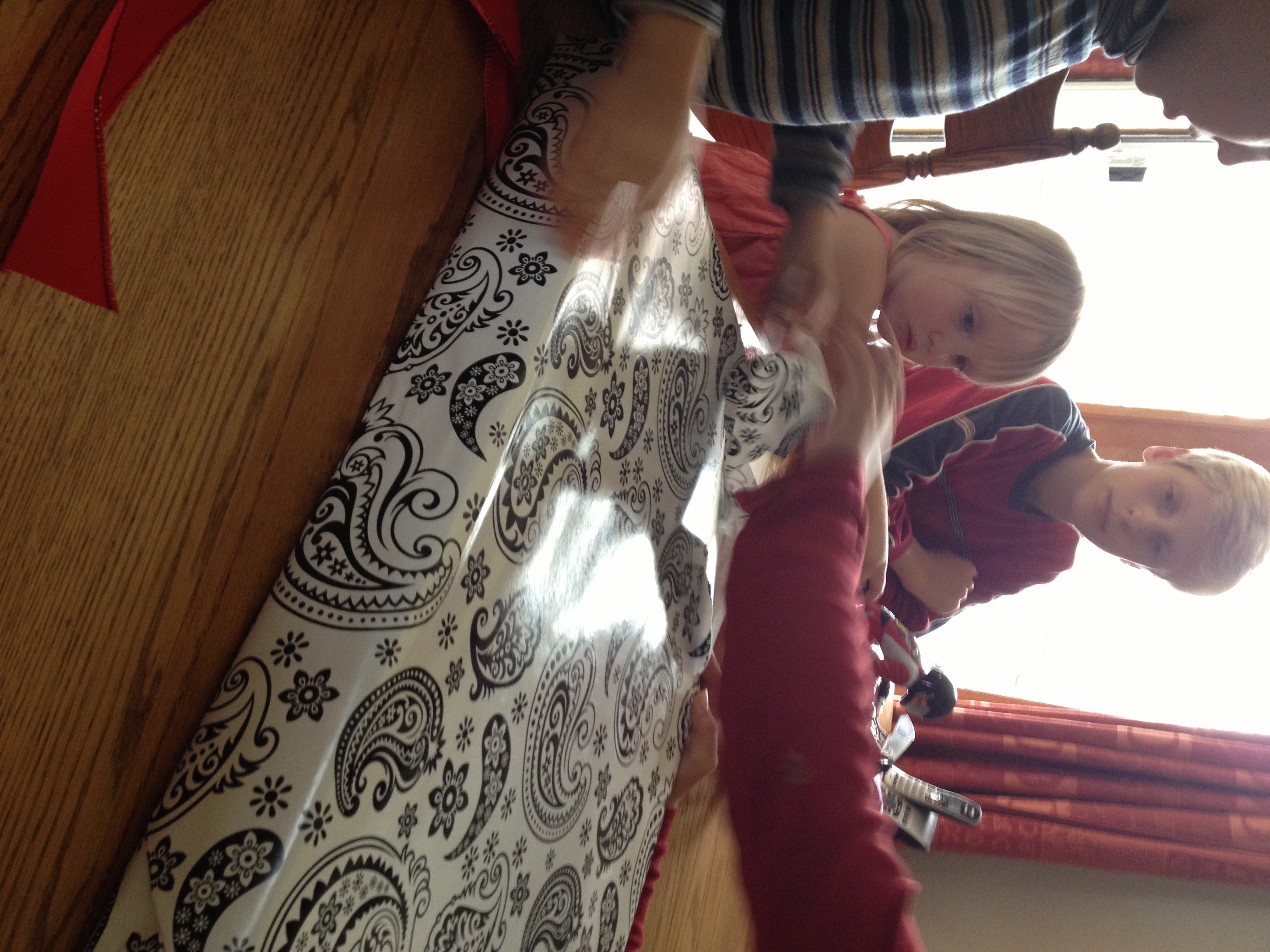
There is at first only a subtle difference in evidence between the talent-driven child and the traditional curriculum-driven child with regards to that strength of character known as decisiveness. Parents tend to overlook that difference at first as simply a quirk in personalities and only see that both are otherwise hard-working. But then that trait of decisiveness starts compounding daily and yearly into such amazing strength that it clearly sorts the children between decision-makers and those that wait for work instructions. That character of decisiveness will manifest itself as:
- the ability to make priorities
- the ability to be swift to commit to a different course of action when needed
- the ability to recognize the emotional and physical dangers in a specific field of human talent
- the ability to act in a comprehensive way that earns respect from others
- the ability to communicate with others in the language of ownership and responsibility
- the courage to make decisions in the face of incomplete knowledge.





























